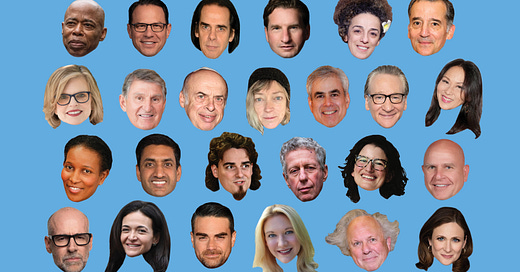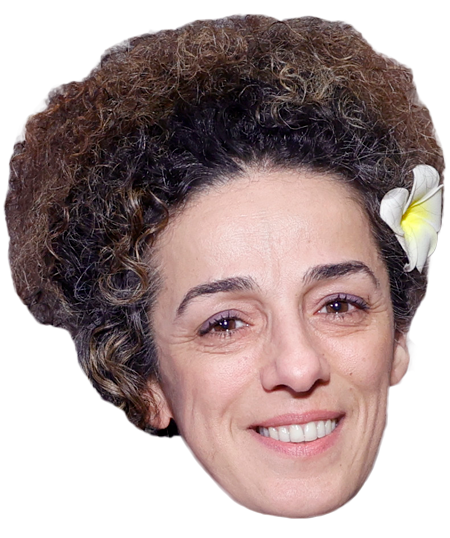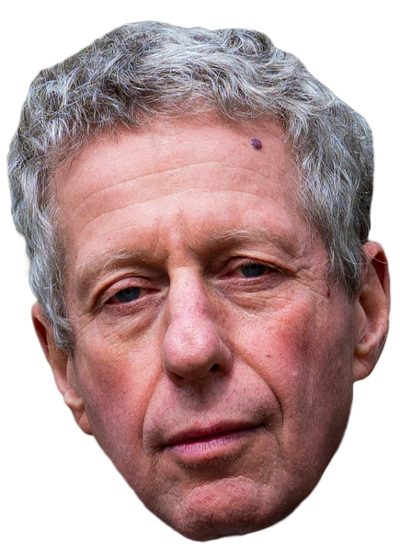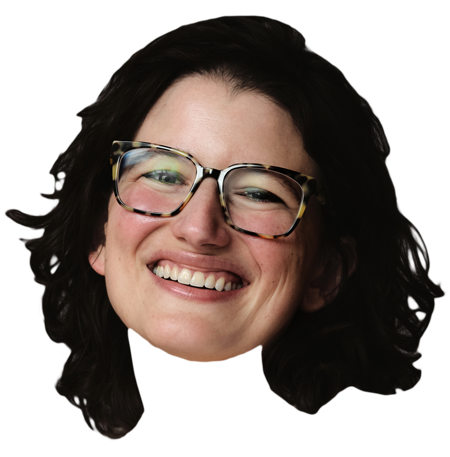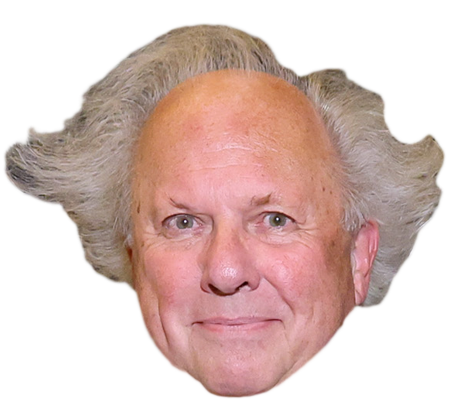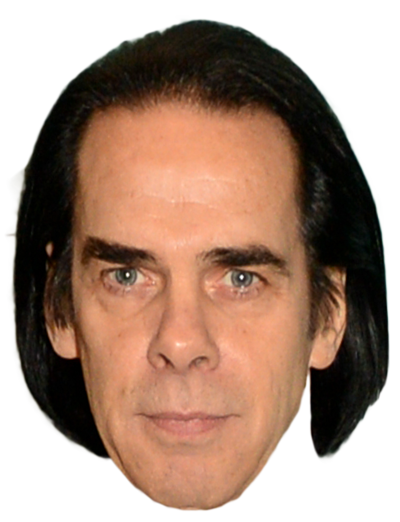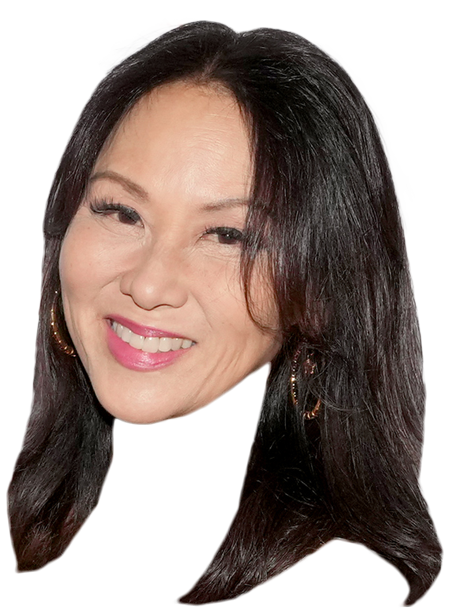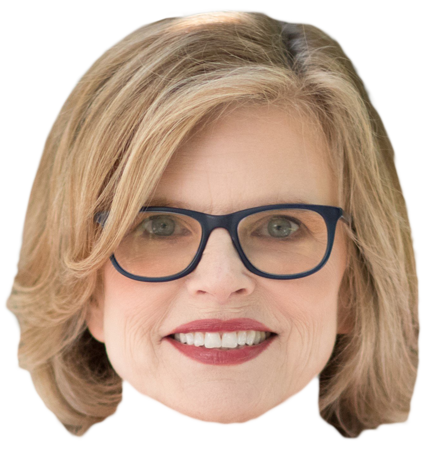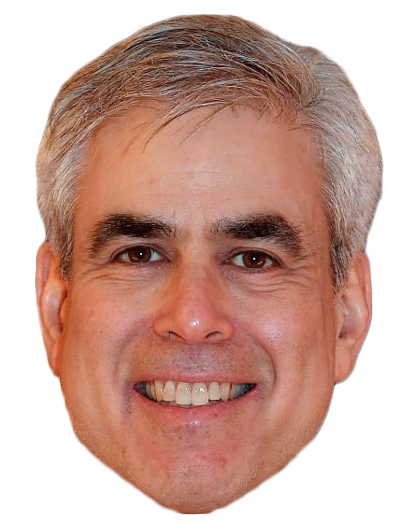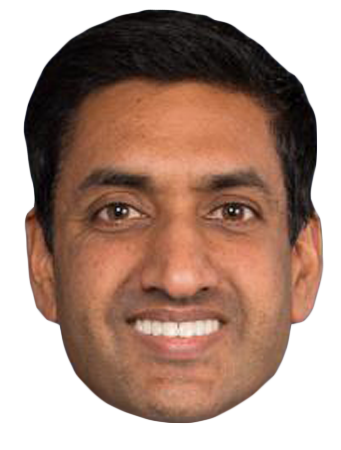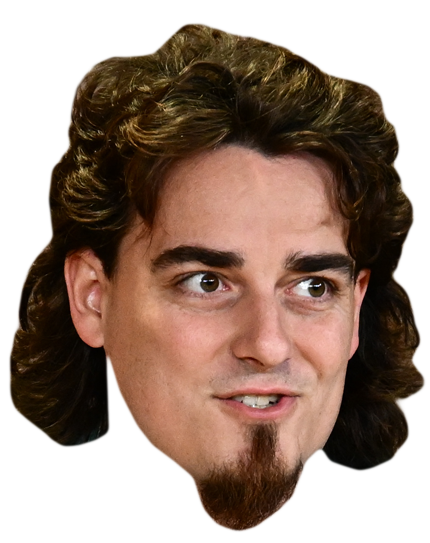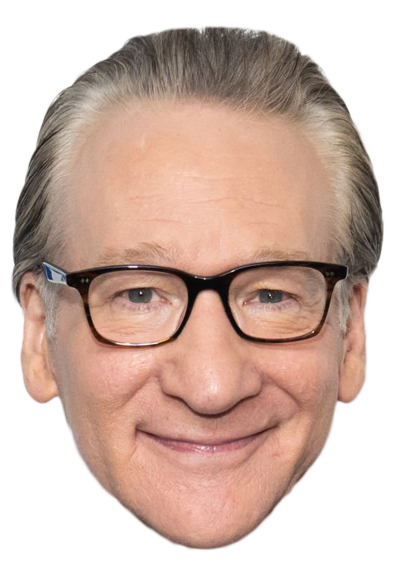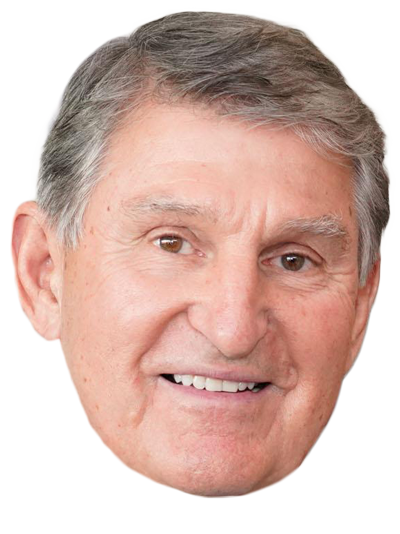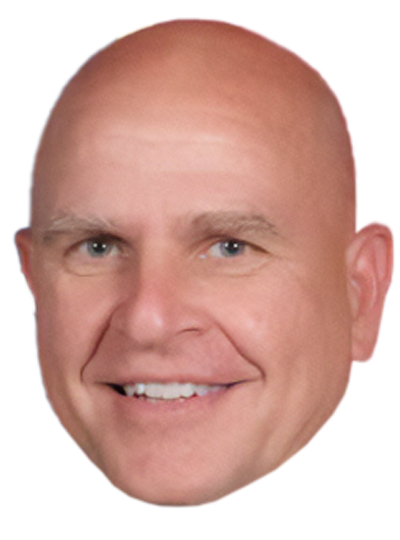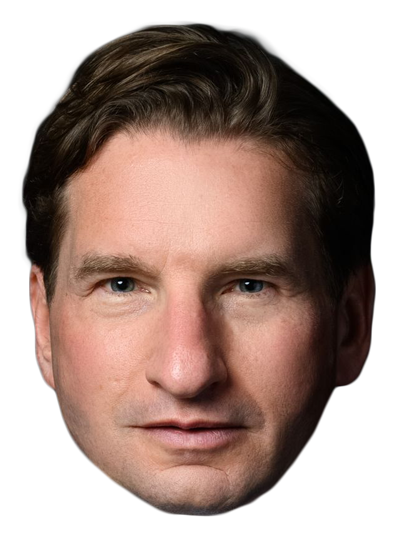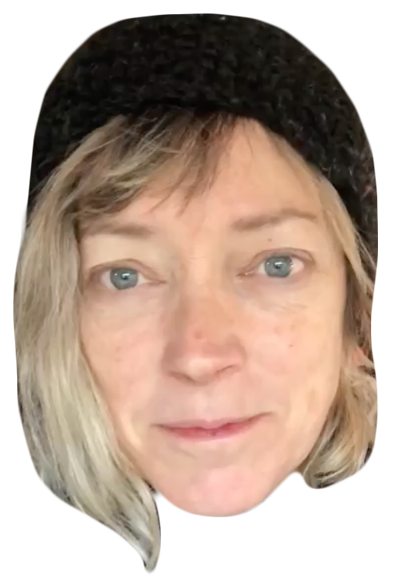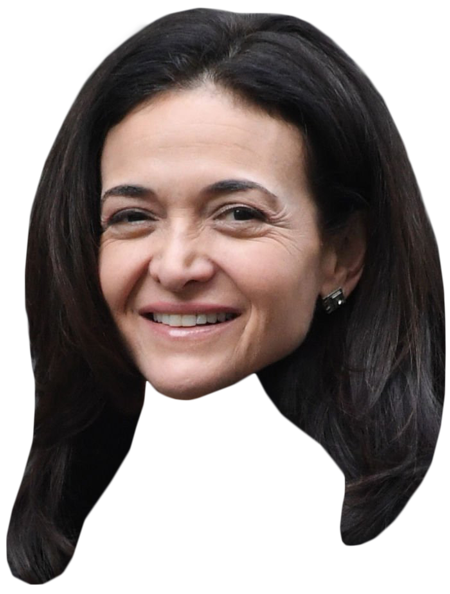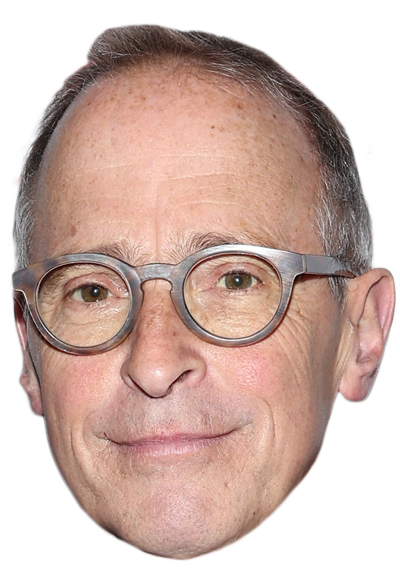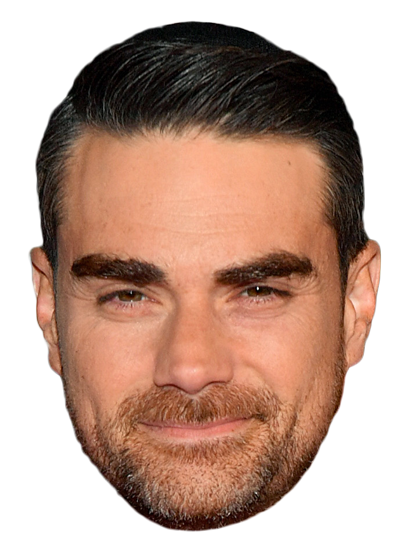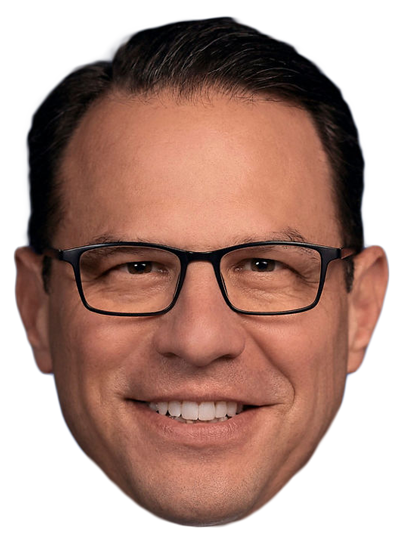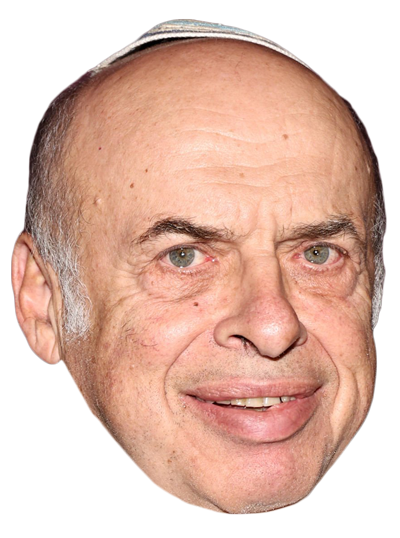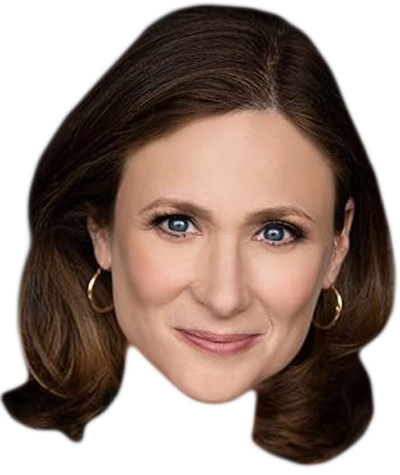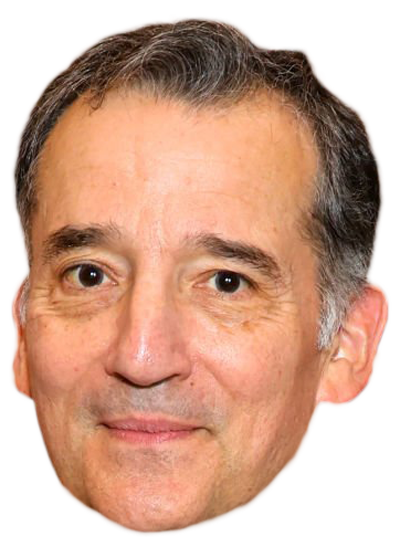
The past year has been marked by wars in the Middle East and in Ukraine, a presidential election, Peanut the Squirrel, the resignation of the president of Harvard, a solar eclipse, a disastrous hurricane in North Carolina, the launch of Starship, the Summer Olympics, the release of Evan Gershkovich, the death of Alexei Navalny, the fall of the Assad regime, a leap forward in generative AI, a coup in Bolivia, assassination attempts on Donald Trump, the murder of a healthcare CEO, and suspicious drones in our skies.
We saw courage in unlikely places: a whistleblower who changed her mind; a scientist who defied groupthink and ultimately earned poetic justice; and a journalist who sounded the alarm on bias in his newsroom. Each, in their own way, became a signal fire for the rest of us.
It was also a big year for The Free Press. We wrote about debanking, the opioid crisis, and the trial of Daniel Penny. We investigated the indoctrination of our youngest Americans, the crisis at the southern border, and assisted suicide in the Netherlands. We read speeches with Douglas Murray, laughed on Friday mornings with Nellie Bowles, and learned from those who predicted the moment we are in far earlier than 2024.
As the year comes to a close, we asked some of the people who stood out to us—who provoked, inspired, or even unsettled us—to reflect on 2024, and what they learned this year.
ERIC ADAMS, mayor of New York City:
One thing I learned this year is it is always best to tune out the noise and stay focused on the work. The best way to serve New Yorkers is to keep my eyes on the goal and let the results speak for themselves. We are incredibly proud to have brought overall crime down this year, broken the record for the most jobs in our city’s history, and achieved back-to-back years of the newest construction of affordable housing. But there is more work to be done, especially when it comes to public safety.
When I see a person on the street, or in the subway system, clearly struggling with mental illness—unable to provide basic human needs for themselves, like food, clothing, and shelter—it breaks my heart. Denying a person lifesaving psychiatric care because their mental illness prevents them from seeing their desperate need for it is an unacceptable abdication of our moral responsibility. There is no dignity in withering away on the streets without the ability to help yourself, and there is no moral superiority in just walking by those individuals and doing nothing. We cannot be so idealistic that we’re not realistic.
In the upcoming year, I am committed to striking the right balance between protecting New Yorkers and showing compassion for our most vulnerable.
AYAAN HIRSI ALI, writer and activist:
One thing I learned this year is the skill to identify the greatest enemy of open societies.
I find that we have paid too little attention to the mother lode of all the flaws that are inherent in open societies: apathy.
It is the apathy—perhaps born of the affluence and a long period of relative peace—of citizens of free societies that must delight their enemies.
The lesson of 2024 for open societies is that they require active participation, in particular, in those institutions that shape the ideas and outlook of the next generation.
MASIH ALINEJAD, activist:
Vigilance, resilience, and optimism are the three defining lessons I take from 2024. This year, I learned that the Islamic Republic is relentless—not only in its efforts to spread terror across the world but also in its determination to kill me, even though I live in New York City. This is not a single moment of awareness but a lesson that must be relearned every day. In November, I was reminded of the regime’s ruthless nature when the FBI arrested two men—New Yorkers from Brooklyn and Staten Island—who were lurking outside my home with plans to take my life. This was the third attempt in four years. At the last count, 15 people have been charged with plots to harm me on these shores. To be honest, it was the vigilance and determination of our security agencies that saved me. In a world where evil thrives on silence, we must learn never to take for granted the systems and people who work tirelessly to protect us.
URI BERLINER, Free Press contributor:
When I wrote an essay for The Free Press criticizing the progressive tilt of my then-employer NPR, I had plenty of reasons to be apprehensive. But chief among them was my family. I come from a left-wing clan of old-fashioned liberals and outright radicals. They revere NPR, as I once did myself. So I was worried about an epic blowup when the story was published. One of those “I’ll never speak to him again” family brawls in election years you hear about.
But none of that happened. They had my back. It turned out blood was thicker than devotion to Terry Gross. In fact, I had more thoughtful and forthright political conversations with family members this year than ever before. Helpfully, none of them happened on social media.
Minds weren’t changed. That wasn’t the purpose. Plain speaking, offline, with decent manners—those were the ingredients for our little 2024 vibe shift. Saying a few quiet parts out loud.
KATHERINE BOYLE, general partner at Andreessen Horowitz:
I learned how quickly orthodoxy can change. How swiftly pariahs can become heroes and icons can be forgotten. How far the pendulum can swing before rushing back the other way. People can change their minds about pretty much everything and forget why they felt so strongly in the first place—which is, of course, both exciting and terrifying. Consensus has never seemed more precarious, so I’m going into 2025 having learned that every moment counts.
NELLIE BOWLES, “TGIF” czar:
This isn’t some broad political learning but more of a personal one: I learned this year to be less reactive. A major flaw of mine (if you can believe I have one) is that I’m quick to trigger, quick to spin up, quick to judge, more fiery than is necessary at 9 a.m. For years I’ve worked on at least pretending to be calm and thoughtful, and this year, I think something cracked, and I have begun to truly learn to moderate my passion. In part because of age. In part because I think being pregnant helps settle the female brain into its ideal state (an argument for another day). And in part because sometimes, if people tell you that you need to fix part of yourself, time and again, in many settings, you do eventually start to fix that part.
GRAYDON CARTER, founder and editor of Air Mail:
I learned that edifying and uplifting oration doesn’t seem to grab Americans at this moment. Vengeful, dystopian harangues seem to do the trick, though.
NICK CAVE, musician:
Professionally, I learned that I sing better if I hold back, relax, and don’t push my voice. Relationally, I learned that love grows through attention. Politically, I learned that I’m all over the fucking place. Personally, I learned that there is no more effortless joy than a grandchild.
AMY CHUA, tiger mom, lawyer, and professor:
One thing I learned this year is what happens when your former student—whose best-selling memoir was originally written as a paper for your class—becomes Donald J. Trump’s VP pick. What happens is you get tons of hate mail. And you also get tons of random people sending you their CVs and draft memoirs. The funniest thing is when the two converge. I’ve literally had people write to me, saying, “I hold you personally responsible for the death of democracy. How can you live with yourself? You should just go shoot yourself now. By the way, I’m attaching a draft manuscript, which I’m hoping you’ll take a look at! I think it makes a real contribution. Would love to know your thoughts!”
CAITLIN FLANAGAN, writer for The Atlantic:
This year I learned that nothing gold can stay, because when Bari and Nellie up and left for New York and took the babies with them, it just about killed me. Los Angeles is not the same. (As Gatsby told Daisy, when she asked if she was missed in Chicago: “The whole town is desolate. All the cars have the left rear wheel painted black as a mourning wreath, and there’s a persistent wail all night along the North Shore.” Or, in this case, from Malibu to Alhambra.) But I must admit that when I look at what they’ve done in this short time—with Suzy by their side—I can only shake my head in wonder. Honestly, these girls! It’s insane. Fortunately, as a proper Irish (honorary) mother, I am able to guilt trip them on the reg, and my son has temporary possession of their good couch, so when I’m good and ready, I’ll click my heels together and bring them back.
SCOTT GALLOWAY, professor and host of The Prof G Pod:
In 2024, I learned the world’s largest economy runs on addiction. The firms that have added the most shareholder value do one of two things: 1) addict [Meta, Flutter, ByteDance, Apple, Alphabet, Nvidia (AI is the fentanyl speedballing the drug)]; or 2) treat the addiction (Novo Nordisk, Eli Lilly, UnitedHealthcare, Pharma). U.S. business is described as an attention economy. It isn’t; it’s an addiction economy.
JONATHAN HAIDT, professor and author:
I learned that when most people hate the status quo but feel that there is nothing they can do to change it, and then they are shown a way to change it if they act together, things can change astonishingly quickly. The textbook example is the fall of the Iron Curtain across so many countries that began in 1989. I think we also saw it this year as populist movements surprised analysts in many countries. I had an up-close look at it happening with the international movement to roll back the phone-based childhood and make schools phone-free.
RO KHANNA, U.S. House representative, California:
This year we saw just how deep the disconnect is between our party and the working class. The [Democratic] Party has failed to listen to people’s frustrations about communities being hollowed out and jobs going overseas. We can’t only go to rural communities and address Americans’ economic concerns during an election. It needs to be a core part of our agenda. We need to invest in American manufacturing, innovation, and bringing good-paying jobs back. We also can’t be the party of the working class and allow the ultra-wealthy to have an outsize influence in our democracy. We should be the party of reform. We can start by banning PAC and lobbyist donations. I’ve spoken out about these issues for years, and it’s time we finally change course.
PALMER LUCKEY, founder of Anduril:
I have long been a natalist, but 2024 is a year that clearly illustrated the urgency of the depopulation problem.
When the age pyramid inverts and your demographics start to collapse, it creates self-reinforcing loops at home and abroad. Lack of faith in a better future deters child-rearing at home and warns away fiscal and military investment from abroad, at the same time signaling to adversaries that they need merely out-screw you to win the long game. The South Korean total fertility rate hitting 0.68 (vs. 2.1 replacement rate) is a symptom and cause of their current and future instability; developed nations around the world need to realize how quickly our current trends can loop into the same problems. America is an exceptional country, but we need a billion Americans as soon as possible if we are going to remain economically, culturally, and militarily relevant.
BILL MAHER, comedian and host of Real Time with Bill Maher:
This year I finally read the letters I had, but had never read, that my father saved from three friends with whom he corresponded from the mid-1940s to the late ’60s. My parents met overseas during World War II and married in July 1951, so plainly they were romantically involved during that time, and I wish I had asked more nosy questions about that period when they were alive. But the letters revealed a giant secret: My father was engaged to someone else only three months before he wed my mother. I don’t have 100-percent proof, because I only have one half of the correspondence, and also people were more discreet in those days, but I’d bet the farm what happened was: Good Catholic boys just didn’t marry Jewish girls in 1951. But in the final hour, my father said, “Fuck it, I’m going to marry the woman I love.” I learned my father was the stand-up dude I always thought he was.
JOE MANCHIN, U.S. senator, West Virginia:
I have learned that when we argue over ideas, not personalities, we can still do great things. There is no Democratic or Republican side—only the American side.
H.R. MCMASTER, former U.S. national security adviser:
I learned that we fail to learn from even our most proximate experiences, as the Joe Biden administration urged Israel not to aggressively prosecute the war that Iran, Hamas, Hezbollah, the Houthis, and Tehran’s other proxies had perpetrated. Many of the people urging de-escalation had been attempting and failing to conciliate Tehran since the early days of the Barack Obama administration. Now, much of the discourse on the Ukraine war reveals that others have still not learned—even after Israel acted boldly to devastate Iran’s terrorists and proxy armies—that de-escalation is folly unless one’s enemies are convinced that they have been defeated.
DEAN PHILLIPS, U.S. House representative, Minnesota:
I learned that courage is the rarest attribute among America’s political class, and George Washington’s 1796 farewell address, in which he warned us about political parties, foreign influence, and regionalism, was remarkably prescient.
LARISSA PHILLIPS, author and Free Press contributor:
After a decade keeping sheep, this was the year I finally learned how to assist in the birth of a stuck lamb. “The head will feel like a baseball,” the vet told me over the phone. “Find that first.” I scrubbed up. Out in the pasture I reached deep inside the ewe’s back end to finally locate the lamb’s head, and then the shoulder, lodged hard against the mom’s hip bone. I worked it free; the lamb slid out. It had died in utero, but the mom, Rosemary, was saved.
SHERYL SANDBERG, founder of Lean In:
I learned how good it feels to be a born-again Jew and have a deep connection to my community. . . and how I will never, ever, ever get tired of listening to Taylor Swift.
DAVID SEDARIS, comedian and author:
I’d like to say that in 2024 I learned a little something about humility, but in fact, all I really learned were a few hundred words in German. Some are verbs, others nouns. And I can conjugate a little: I would like to eat meat, we would like to eat meat, etc.
I’m now at the point where I can watch a German movie or TV series and pick out one of every 15 words. It’s discouraging, but it’s a start. My progress is slow, so actually, maybe I did learn something about humility.
BEN SHAPIRO, commentator:
I learned that the West does have a breaking point. Whether it is Americans tired of the wokeness and economic stagnation of the Biden administration, Europeans frustrated with the open borders policy of an internationalist elite, or Israelis unwilling to surrender yet again to the predations of Iranian terror, the West is finally fighting back against external enemies and their willing supporters within. The question for the West has been, for at least the last decade, whether the West would acquiesce in its own extinction; decline is indeed a choice. And it appears the West has decided against decline.
JOSH SHAPIRO, governor of Pennsylvania:
This year, I was reminded more than ever of a very important lesson that I first learned when I knocked on 18,000 doors in my first campaign: In public service, you have to show up in folks’ communities, you have to listen to people, and you have to meet them where they are. Whether I’m at a farm in rural Pennsylvania or whether I’m answering your questions, as governor, I am working every day to bring people together and get stuff done—and to do that, you have to listen and learn from what folks are going through.
NATAN SHARANSKY, Soviet dissident and author:
This year reminded me that history has no ending, and that it’s not within our power to achieve final victory or defeat in the war against evil. What is in our power, however, is to keep on fighting, and to keep on embracing the meaning and joy we can find in the process.
ABIGAIL SHRIER, author and Free Press contributor:
As my friend Caitlin Flanagan likes to say: “The truth bats last.” Boy, does it ever. And sometimes, the truth knocks it out of the park.
DAVID WOLPE, rabbi:
This past year I learned that my former wife (of 17 years) is autistic, which, unbeknownst to us before, determined our daughter’s decision to earn her PhD in autism. That, together with the long-wished-for birth of a child to a woman I love, reminded me how infinitely mysterious we remain to one another, and while we cannot step back from the crucial ideological and public struggles that engage us, we must also make space for private dramas and differences that shape each person’s sojourn in this vale of soul-making.


